Phone contract vs buying outright: which is cheaper?
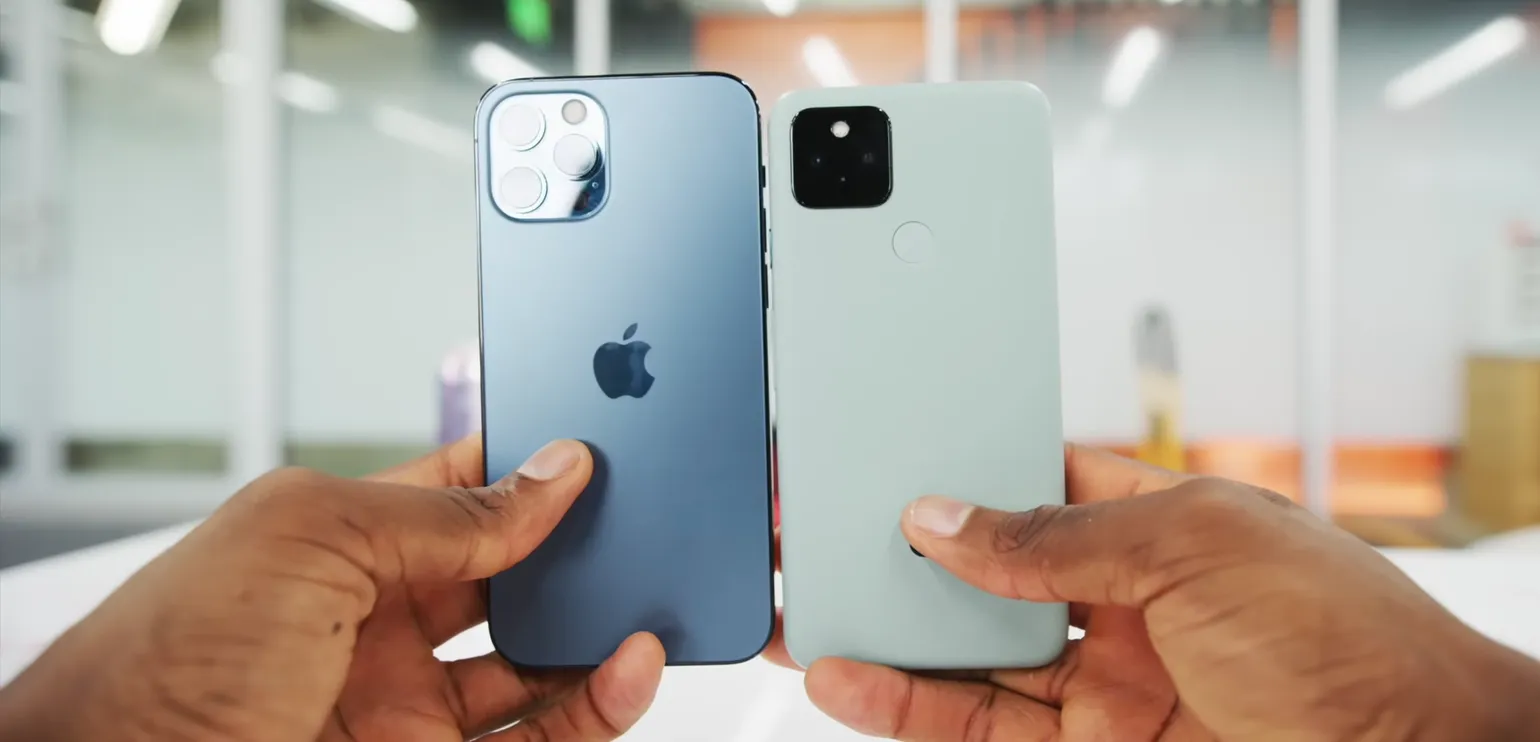
The phone market is a confusing landscape - almost by design. It’s difficult for most consumers to work out whether it’s cheaper to get a phone contract or buy a phone outright (also known as SIM free).
However, once you move past the technical jargon and often misleading claims, you’ll find a phone contract isn’t necessarily the most cost effective option.
In more cases than none, not only will you be paying more in the long run with a phone contract, but you’re also locked into a long term commitment, without the freedom to cancel or switch networks until the contract ends.
By buying a phone outright, you will usually save yourself money and have the freedom to switch tariffs and networks as many times as you like.
However, this isn’t always the case. There are times where a phone contract can actually work out cheaper compared to buying a phone outright.
In this article, we'll explain how you can find the cheapest option for you, and the pros and cons of buying outright vs signing up for a contract.
You may be paying more in the long run with a phone contract
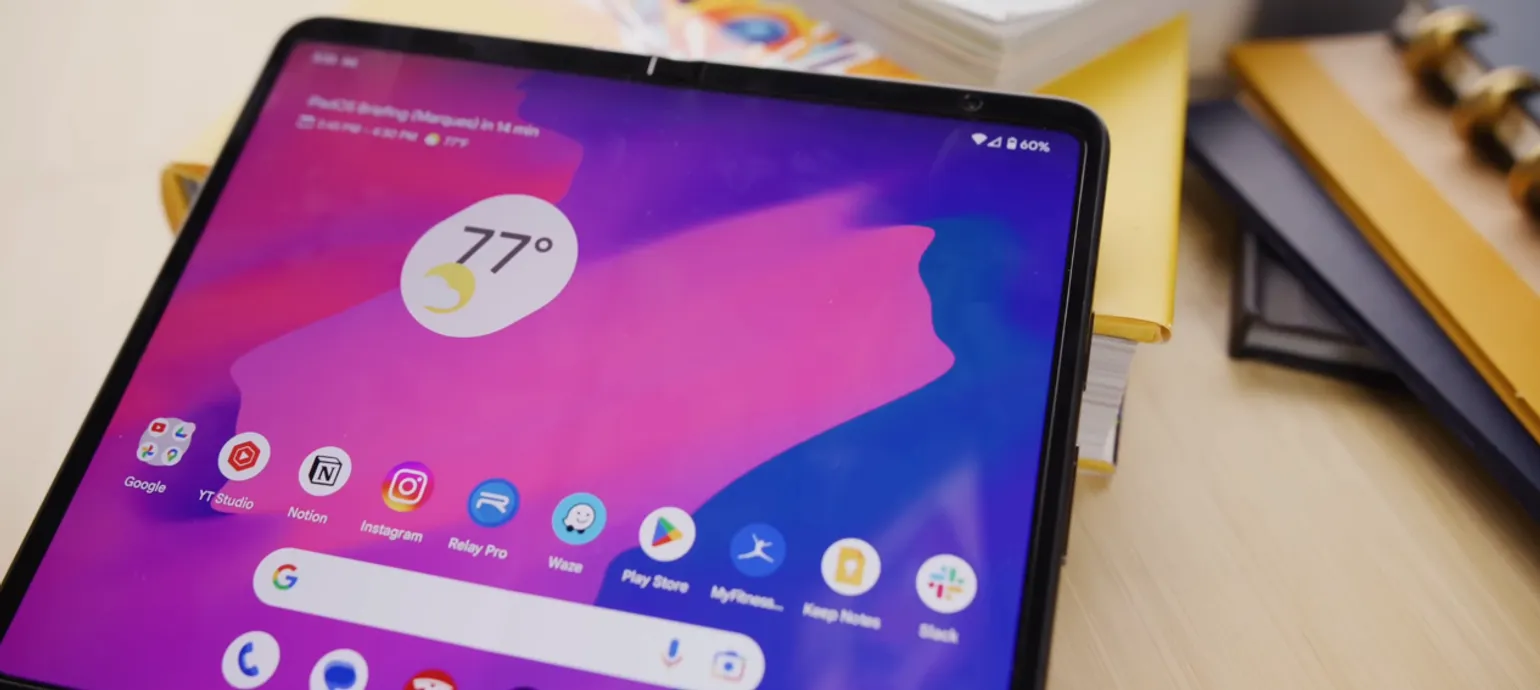
Although a phone contract may appear attractive as it allows you to split the cost over a long period, it isn’t always the cheapest option.
A phone contract is essentially a loan for the device, and includes a tariff for data, minutes and texts. Therefore, when purchasing a phone contract, the network will carry out the usual checks as expected with a loan, such as your credit score and proof of income.
With a typical loan, the broker will make their money by charging interest. However, there’s no concept of ‘traditional’ interest with a phone contract.
Instead, networks make their money by charging a premium for the tariff part of the contract. As a result, the total cost for the duration of the contract usually works out more expensive compared to buying a phone outright and pairing it with your own SIM only tariff.
For example, let’s take a look at this 24 month iPhone 14 contract with EE:
- Unlimited data, minutes and texts
- £68 monthly cost
- £30 upfront cost
This works out to a total of £1,662 for the duration of the contract (24 months x £68, then add £30 for the upfront cost).
On the other hand, the iPhone 14 is available to buy outright (SIM free) for £799 on Amazon, John Lewis and other retailers.
An EE SIM only with unlimited data is available from EE for £31 a month.
Assuming we commit to the EE SIM only deal for the same 24 months as the phone contract, we will pay a total cost of £1,519 by buying the phone outright and pairing it with a separate EE SIM (24 months x £31 for the SIM, then add £799 for the phone).
This option will save you 8.6%, or £143.
However, sometimes you can actually save money with a phone contract.
Let’s take a look at a similar example with iD Mobile, for an iPhone 14 on a 24 month contract:
- Unlimited data, minutes and texts
- £41.99 monthly cost
- £0 upfront cost
This works out to a total cost of £1,007.76 (24 months x £41.99, with £0 upfront).
If you were to buy the phone outright (£799) and pair it with a separate iD Mobile SIM only deal, it will work out more expensive:
An unlimited data SIM with iD Mobile costs £16 per month.
Assuming we commit to the same 24 months as the phone contract, this works out to a total cost of £1183 (24 months x £16, plus £799 for the phone outright).
This is a 17.39% increase, or £175.24 more.
Therefore, it's important to do your research and compare phone deals to find the cheapest option for you.
Don’t let your phone contract end without upgrading or switching, or you may end up spending more than required
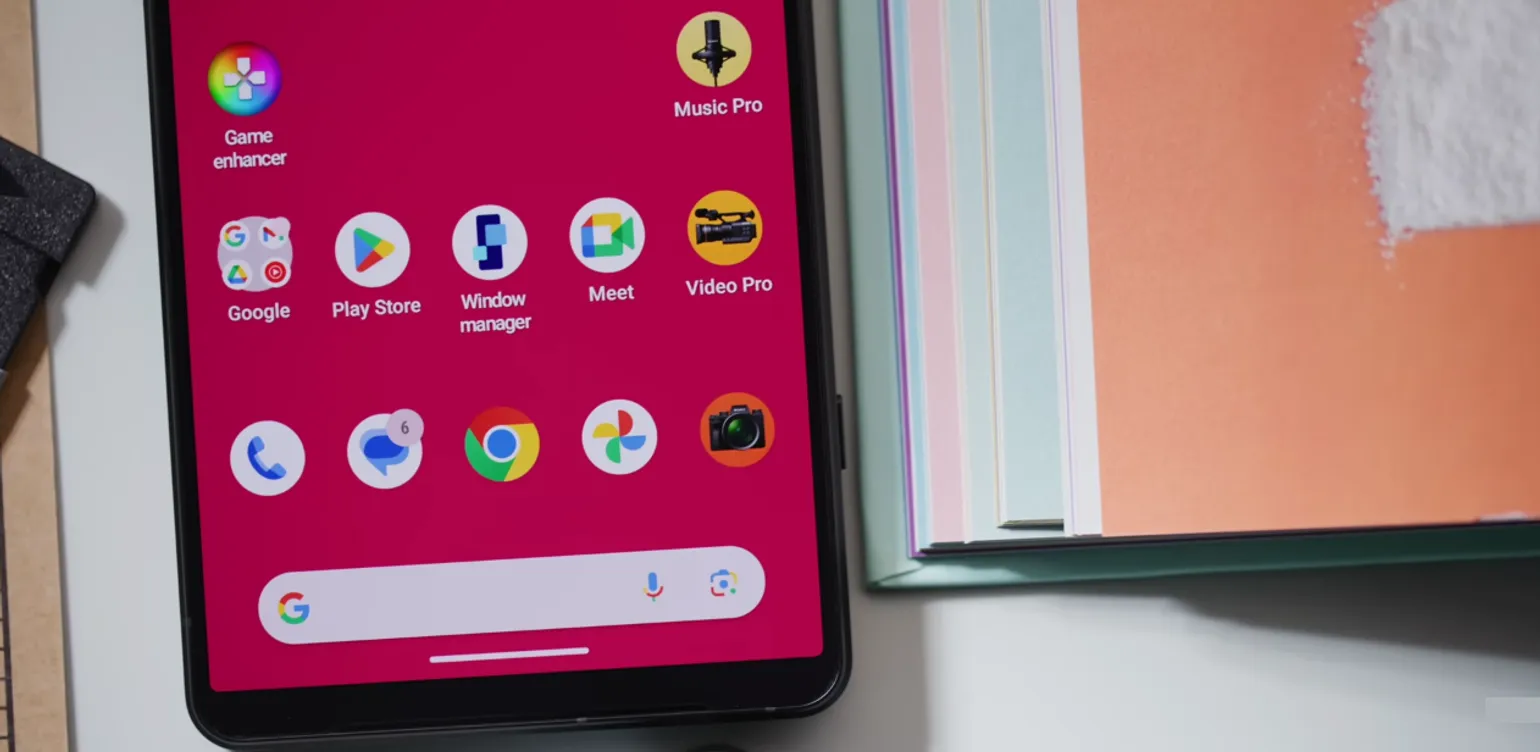
Research has shown that most people do not immediately upgrade or cancel their phone contract once it comes to an end.
Instead, most people will continue the usual monthly payments, despite having paid off the phone. Essentially, they will end up paying an extortionate amount just for the tariff.
This often occurs as people forget that their contract has come to an end, or they simply don’t have time to upgrade or switch.
Sometimes, a person may be happy with their current phone, without seeing the need to upgrade to a new phone. In this case, the best option will be to switch to a SIM only deal and cancel your current contract.
However, some networks, such as O2 with their Custom Plans, separate the tariff and device into two separate terms - a contract for the tariff, and a loan for the device. In such cases, immediately upgrading when your contract comes to an end isn't always as important, as you'll no longer be paying the monthly amount for the device since the loan will already be fulfilled. Instead, you'll only be paying for the tariff part of the contract, until you decide to upgrade or cancel. This means you won't be paying an extortionate amount just for the tariff.
How you can save money by buying a phone outright and still split the cost
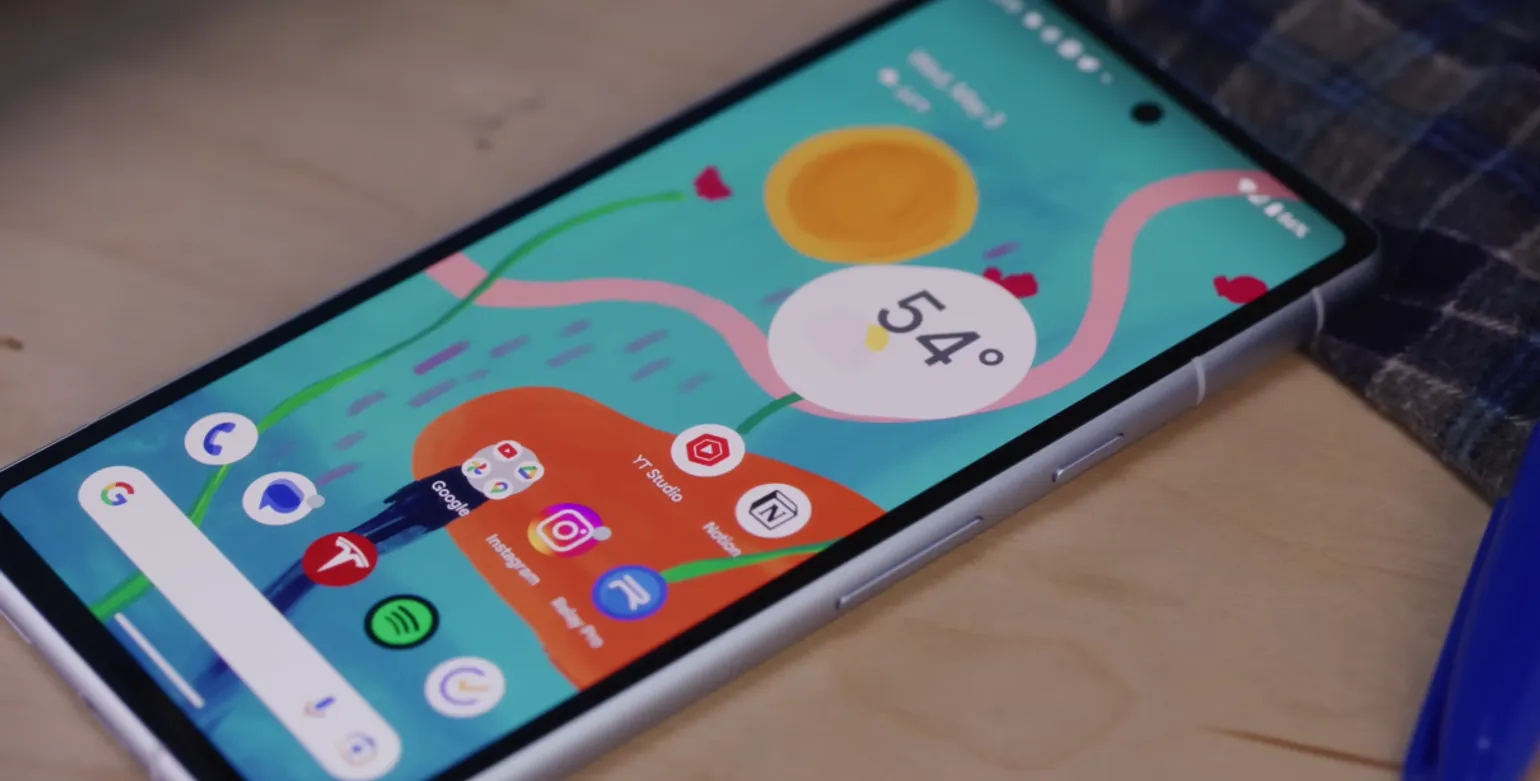
One of the main reasons many opt for a phone contract over buying outright, despite costing more in the long run, is that a phone contract allows you to split the cost of a phone over a long period, without having to pay the whole amount upfront.
This may be despite realising that the total cost works out more expensive, compared to buying the phone outright (SIM free) and pairing it with a separate SIM only tariff.
However, it’s actually possible to buy a phone SIM free and split the cost over a long period with financing.
The benefit of this is it usually works out cheaper, and you aren’t tied down to a phone contract without the ability to switch networks or cancel or change your tariff.
Apple offer financing for the Apple iPhone 16 with 0% interest over a 24 month period. The loan is handled by Barclays, with an instant decision for acceptance.
Similarly, Samsung offer financing with 0% interest for the Samsung Galaxy S24, but over a longer 36 month period. Financing is offered by Glow Financial Services, which is a subsidiary of Samsung.
By purchasing a phone SIM free, you can then pair it with your own SIM only tariff.
This often has a cheaper total cost compared to traditional phone contracts, but with the benefit of splitting the cost over a long period and the freedom to switch networks (assuming you pick a 1 month rolling SIM only plan).
Final verdict: which is cheaper?
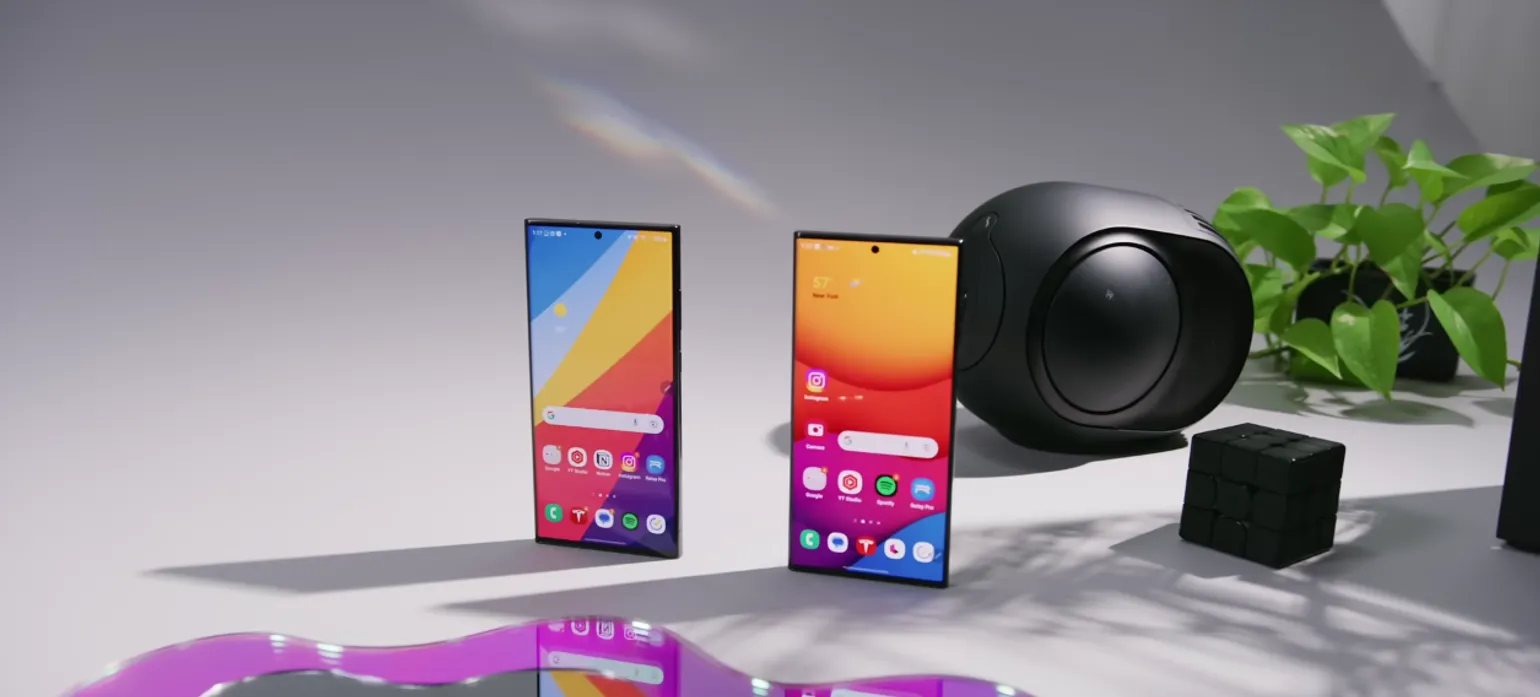
In conclusion, we’ve found it’s mostly cheaper in the long run to purchase a phone outright and pair it with your own SIM only tariff. However, in some cases, it may actually work out cheaper to purchase a phone contract.
Therefore, it’s important to do your due diligence when deciding on a phone contract vs buying outright. Make sure you compare phone deals to find the cheapest option for you, and add up the pros and cons of each.
Furthermore, if you prefer a phone contract because it allows you to split the cost, you should be aware of financing. With financing, you will be able to split the cost of a SIM free phone, with the freedom to pair it with any network or tariff of your choosing with a SIM only plan. This essentially gives you the best of both worlds.
FAQs
Is it cheaper to buy outright compared to a phone contract?
In most cases, yes, buying outright and pairing it with a SIM only plan tends to work out cheaper. However, this isn't always true - there are some phone contracts which are actually less expensive in the long run. Therefore, it is important to research deals and find the cheapest option for you.
What are the benefits of phone contracts?
There are several benefits to phone contracts:
- Allows you to split the cost over 24 or 36 months
- Smaller, manageable payments
- Possible to get a phone for free upfront
- Upgrade to a new phone for free when you renew once your contract ends
What are the benefits of buying outright?
There are several benefits to buying outright vs a phone contract:
- Often works out cheaper in the long run
- Pair with your own SIM only deal
- Change, cancel or switch networks whenever you like
- No early termination fees
- Doesn't require a loan or credit check